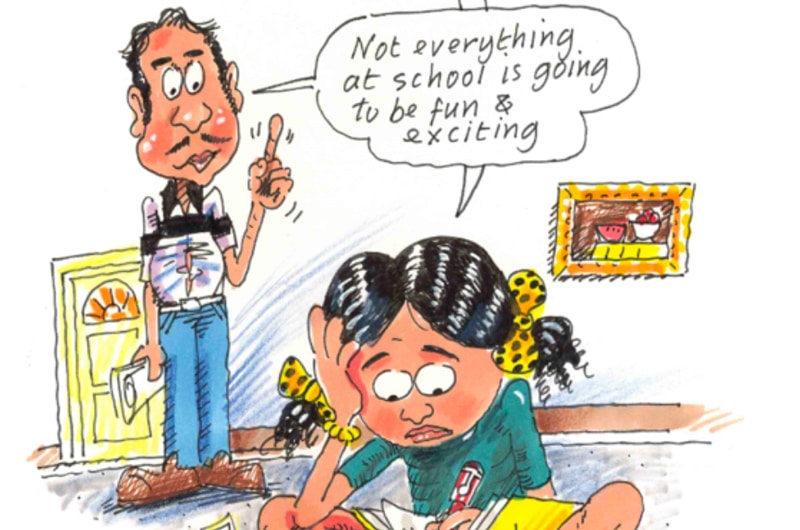As parents, we want our kids to get the most out of learning and life. Learning can be fun, especially when kids are encouraged and challenged, both at home and school. But even the brightest kids can fall behind in their learning if they can’t get along with others, manage their time, make decisions or work as a team. Academic achievement is all well and good, but if our kids can’t relate or haven’t learnt how to manage and express their feelings (social and emotional skills), learning can become anything but fun.
What are Social and Emotional Skills?
Emotional skills are all about learning how to manage and express our feelings appropriately. Social skills are about relating to other people. Social and emotional skills are critical to building and maintaining self-esteem and confidence. Social-Emotional Learning (SEL) underpins positive mental health, as important as physical health for kids when coping in the classroom and the school yard. Kids with good social and emotional skills resist being affected by peer pressure and bullying.
The Collaborative for Academic, Social and Emotional Learning (CASEL) identifies social-emotional learning as falling into five broad headings:
Self-awareness
- identify and recognise emotions
- recognising personal interests and strengths
- maintain a sense of self-confidence
Social Awareness
- empathise
- recognise another ‘s perspective
- appreciate similarities and differences
Responsible Decision Making
- make constructive and respectful choices
- consider all factors – ethical, safety, social
- realistically evaluate alternatives and consequences
Self-management
- control emotions to handle stress
- control impulses
- motivation to persevere
- work towards achieving personal and academic goals
- express emotions appropriately
Relationship Skills
- cooperate
- resist inappropriate social pressure
- resolve interpersonal conflict
- seek help when needed
How social and emotional skills help with learning
Author and psychologist Daniel Goleman defines why social and emotional skills are important to learning:
‘Data shows that children who are systematically taught social and emotional skills like how to manage their distressing emotions and empathise and collaborate, do better. They have fewer problems such as substance abuse and violence, like school more and pay more attention in class— and score significantly better (11%, on average) on academic achievement test scores.’
Without social and emotional skills, kids can’t learn as effectively and can’t make the most of their education. Children who have good feelings about themselves and others and know how to express their emotions and relate to others will be more effective learners and achievers.
Modelling social emotional skills for kids at home
- Instil a sense of security and identity
- Identify and name feelings
- Compile an A-Z of feeling words
- Recognise other people’s feelings and viewpoints
- Show empathy
- Demonstrate how to deal with strong feelings
- Praise our kids when they practise appropriate skills
- Talk taking turns, sharing, caring, getting on
- Put things into perspective
- Practise perseverance and resilience
- Resolve conflicts
- Maximise teachable moments
- Model setting goals, achieving goals, celebrating success
- Teach strategies for time management and organisation





